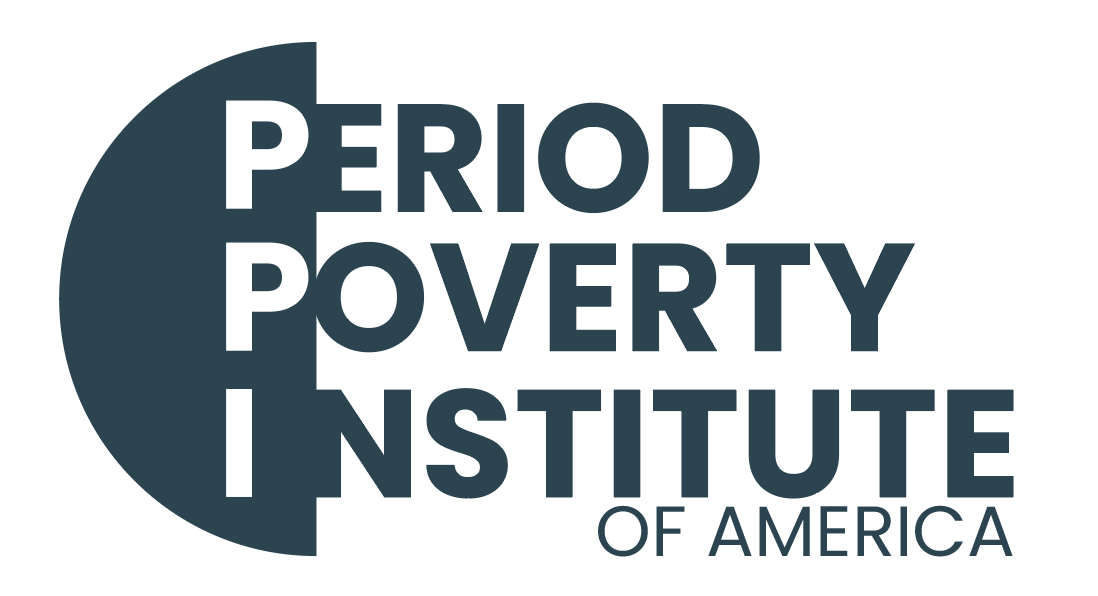Period Poverty places strain on more than just physical health. A growing body of evidence shows that it also erodes mental health, particularly among women and girls who are forced to conceal their needs or compromise their safety to manage menstruation.
Embarrassment, stigma, and isolation are common experiences for those who lack reliable access to period products. This isolation can deepen feelings of shame and anxiety, especially for students and unhoused individuals already navigating instability.
Researchers and advocates working on menstrual equity are pushing for greater integration between mental health services and menstrual support. They point out that when menstruation becomes a monthly crisis, it fuels stress and lowers self-esteem. In some cases, it is tied to deeper patterns of trauma and systemic neglect. A growing number of practitioners are calling for policies that recognize menstrual access as a component of mental wellness.
SOURCES:
Dignity Grows Inc., et al. Period Poverty in America. USA, Dignity Grows Inc., 2023.
Sebert Kuhlmann, A., et al. BMC Women’s Health, 2019.
American Psychological Association, National Sexual Violence Resource Center, American Academy of Pediatrics
